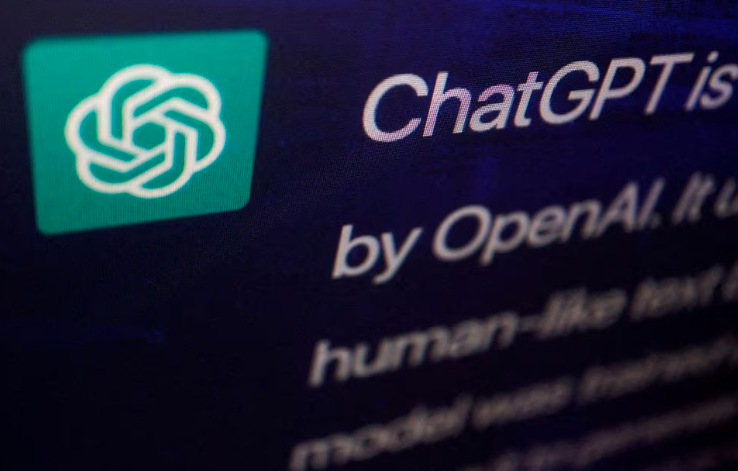Italy’s data protection agency said on Friday it had opened a probe into OpenAI’s ChatGPT chatbot over a suspected breach of the artificial intelligence application’s data collection rules.
The agency also accused ChatGPT, which is financially supported by Microsoft, of failing to check the age of its users. The app is supposed to be reserved to people aged 13 and above.
The agency said in a note it had provisionally restricted chatbot’s use of Italian users’ personal data.
OpenAI did not immediately respond to an emailed request for a comment.
Since its release last year, ChatGPT has set off a tech craze, prompting rivals to launch similar products and companies to integrate it or similar technologies into their apps and products.
The Italian agency alleged “the absence of any legal basis that justifies the massive collection and storage of personal data in order to ‘train’ the algorithms underlying the operation of the platform”.
It is estimated to have reached 100 million monthly active users in January, just two months after launch, making it the fastest-growing consumer application in history, according to a UBS study published last month.
This week the European Union’s law enforcement agency Europol warned about the potential misuse of the chatbot in phishing attempts, disinformation and cybercrime, adding to a chorus of concerns ranging from legal to ethical issues.
Source : Reuters





